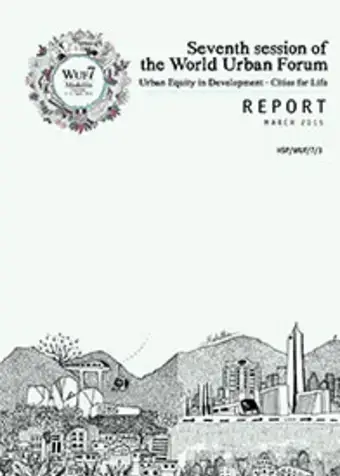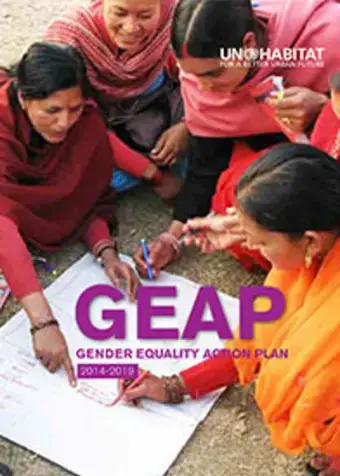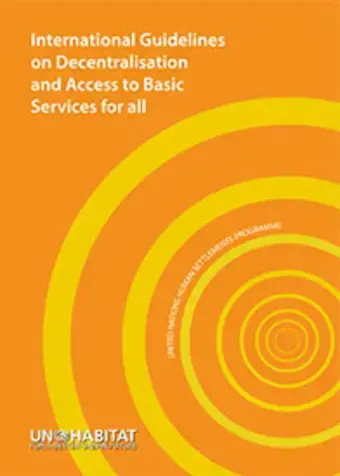Nairobi, 14 July 2015 – If approached correctly, urbanization can be an engine of growth, writes Joan Clos, Executive Director of UN-Habitat. In the economic history of humanity, urbanization has always been an accelerator of growth and development.
Urban Legislation, Land and Governance
Urban Legislation, Land and Governance provides policy and operational support to Governments and cities on urban legislation, land and governance issues. It supports the development of urban legislation and governance models that are gender-responsive and address land problems equitably, including by promoting international guidelines on decentralization, the strengthening of local authorities, and advocating access to basic services for all, along with social inclusion and participation.



